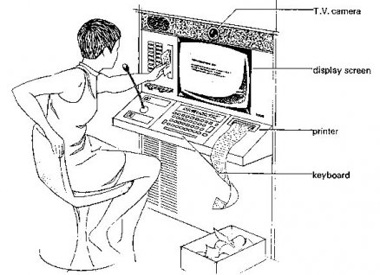
It must be frustrating to sketch out a long-term technology roadmap in great depth, and see it come to fruition… only to goof on your own execution. But to do so repeatedly – as Nokia has – points to something seriously wrong.
Nokia spent more than a decade preparing for Tuesday this week, when it finally launched its own worldwide, all-phones application store. It correctly anticipated a software market for smartphones back in the mid-1990s, when it was choosing the technology to fulfill this vision.
That was just one of the bets that came good. Leafing through old copies of WiReD magazine from the dot.com era, filled with gushing praise for Enron, Global Crossing, and er, Zippies, I was struck by the quality of the foresight in a cover feature about Nokia. (Have a look for yourself.) WAP didn’t work out, but I was struck by particularly Leningrad Cowboy Mato Valtonen’s assessment that “mobile is the Internet with billing built in”.
And so Nokia has been encouraging users to download applications for users. My ancient 6310i wants me to download applications. Every Nokia since has wanted me to, too. Seven years ago, the first Series 60 phone (the 7650) put the Apps client on the top level menu, next to Contacts and Messaging.
The problem is today, it’s Apple and BlackBerry who have the thriving third party smartphone software markets. For six months, punters have been bombarded with iPhone ads showing what you can do with third-party apps. And yes, it’s like Palm all over again, but they’re very effective. So if Apple’s store is the model, then what on earth is Ovi?

